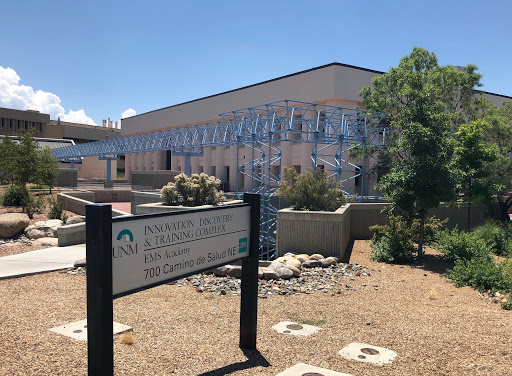UNM Health System is the leading provider of diagnostic endocrinology services in New Mexico. Our patients have access to the best experts and technologies available.
 505-272-3840
505-272-3840


The professional and educational goals of the endocrinology fellowship at the University of New Mexico are based on:
Fellows achieve these goals through the following:
Clinical practice includes inpatient consultation and outpatient clinics. Clinical and hospital experience involves:
Fellows gain competency through clinical experience, educational series and in-services in the following procedures:
Fellows obtain a detailed understanding of current costs of diagnosis and therapy of endocrinopathies.
As part of their endocrinology program, fellows will:
Scholarly activities can include:
Fellows should use:
Clinical goals of the fellowship are:
Fellows should have understanding of:
Division Chief
David Schade, MD
Division of Endocrinology
Department of Internal Medicine
MSC10-5550
1 University of New Mexico
Albuquerque, NM 87131
Phone: 505-272-4657
Fellowship Director
Christina Lovato, M.D.
Phone: 505-272-4658
Email: CLovato@salud.unm.edu